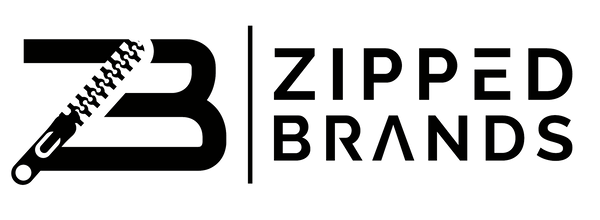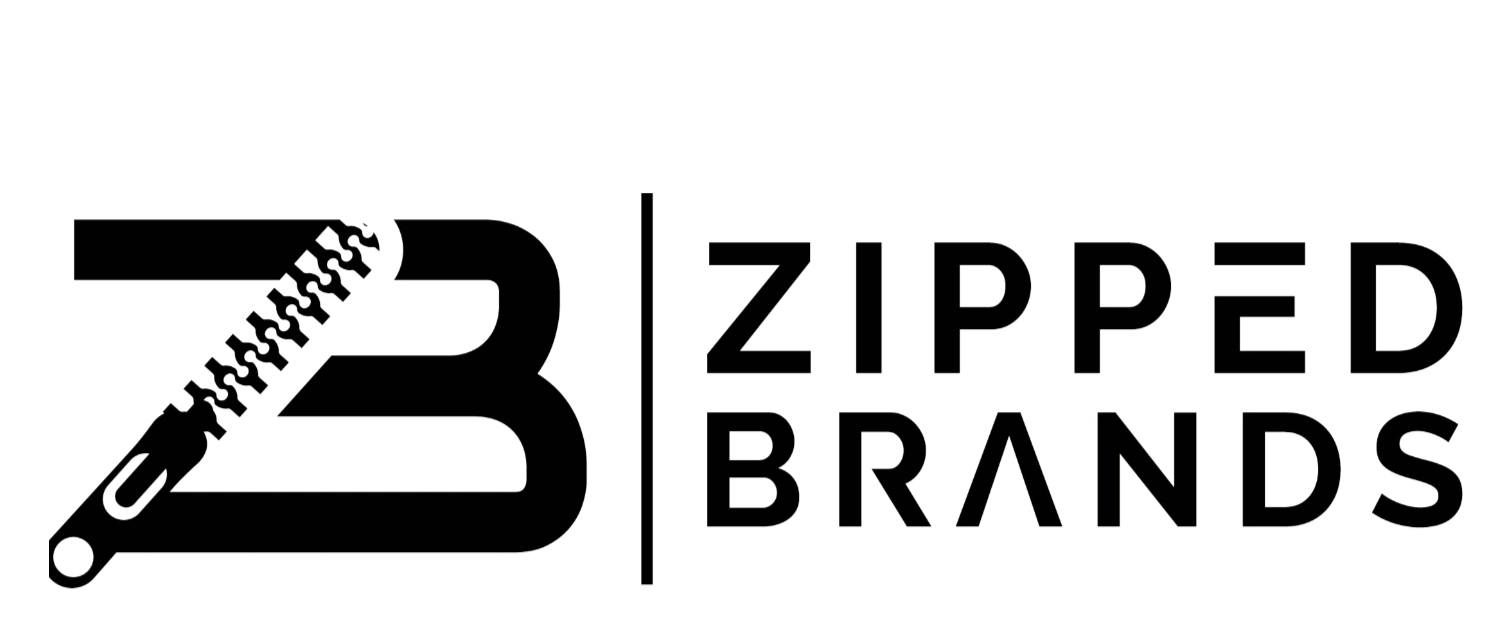Behind The Zipper: The Day I Realized I Was Building More Than a Shoe Company
分享
Behind The Zipper | 4 min read
Here's the thing
I thought I was just solving a shoe problem. For months, I'd been telling people that Zipped Brands was simple: take mainstream shoes, add zippers, make them accessible, problem solved. Business model complete.
Then I got an email that changed everything.
The Email
It was from a mom in Michigan. Her 12-year-old daughter had cerebral palsy and used a wheelchair. Her daughter had been asking for a pair of Nike Air Force 1s for months because that's what all her friends and classmates were wearing.
She had spent weeks searching. The options were limited and brutal, no surprise there. Shoe shopping for/as someone with a disability feels like an Olympic sport.
She found us through a Facebook group. Her daughter's modified Air Force 1s arrived a few weeks later.
The follow-up email she sent made me rethink everything.
What She Told Me
"My daughter wore her shoes to school yesterday. For the first time in her life, kids asked her where she got her shoes."
Let me say that again: For the first time in her life, kids asked her where she got her shoes.
She went on: "My daughter came home talking about how she and her friend were 'shoe twins' now. She's never had that before."
That's when it really hit me. I wasn't just selling shoes. I was giving people a true sense of inclusion.
The Shift in My Head
Up until that moment, I'd been focused on the functional problem. People with disabilities need stylish shoes they can put on easily. Zippers solve that. Business case closed.
But this story showed me what was really happening. Every time someone wears our shoes, they're not just putting on footwear. They're putting on the ability to blend in when they want to, stand out when they choose to, and participate in the same conversations as everyone else.
They're putting on inclusion.
What This Actually Means
I started paying attention to the language customers used when they talked about our shoes. It wasn't just about independence or functionality, though those mattered. It was about inclusion.
"I can finally wear what my friends wear."
"My daughter doesn't feel left out anymore."
"I have more options now"
"People ask me where I got my shoes."
These weren't reviews. These were stories about finally getting to participate in something everyone else takes for granted: choosing what you wear based on what you like, not what you're limited to.
The Reality Check
This realization completely changed how I think about what we're building.
We're not just competing with other adaptive shoe companies. We're competing with exclusion itself. We're not just selling products. We're selling the experience of being included in mainstream culture.
That's a much bigger responsibility than I originally signed up for.
When your products give a feeling, quality becomes everything. Customer service becomes personal. Every interaction matters because you're not just fulfilling an order, you're fulfilling someone's desire to feel included.
What I'm Building Now
I used to describe Zipped Brands as "accessible footwear." But it is so much more.
We're not creating a separate category of products for people with disabilities. We're eliminating the barriers that force people into separate categories in the first place.
That's what we're really building: choice, inclusion, and the simple dignity of wearing what you want instead of what you're limited to.
The Weight of It All
Some days, this feels heavier than just running a shoe company. When someone emails to say our shoes helped their kid fit in with their peers, that's not just business success. That's life-changing stuff.
It's also pressure. Every shoe we make, every customer we serve, and every interaction we have carries the weight of someone's desire to feel included.
But here's what I've learned: when you're building something that matters this much to people, you can't help but build it better. The mission demands excellence in a way that profit alone never could.
And man is that special.
I thought I was starting a shoe company. Turns out, I was starting an inclusion company that happens to sell shoes. And that realization changed everything.
Your Turn: Have you ever had a moment when you realized your business (or job, or project) was actually about something bigger than you originally thought? Tell us in the comments! I would love to hear about it.

